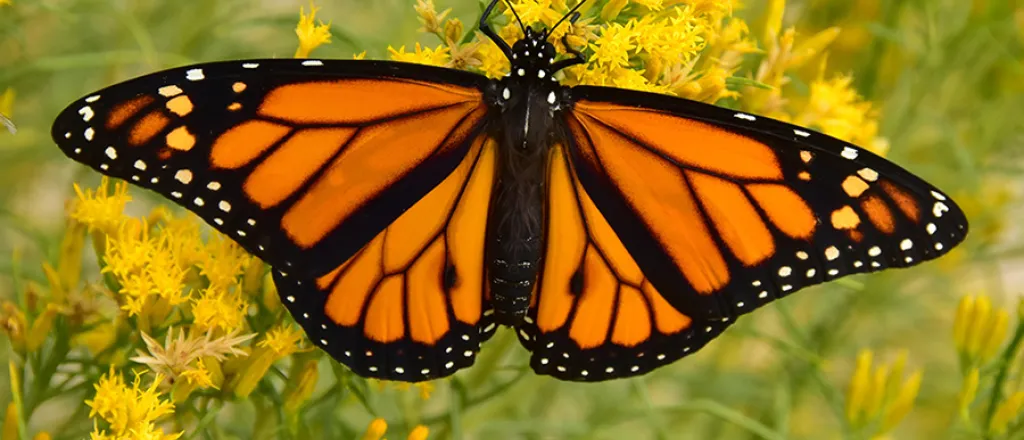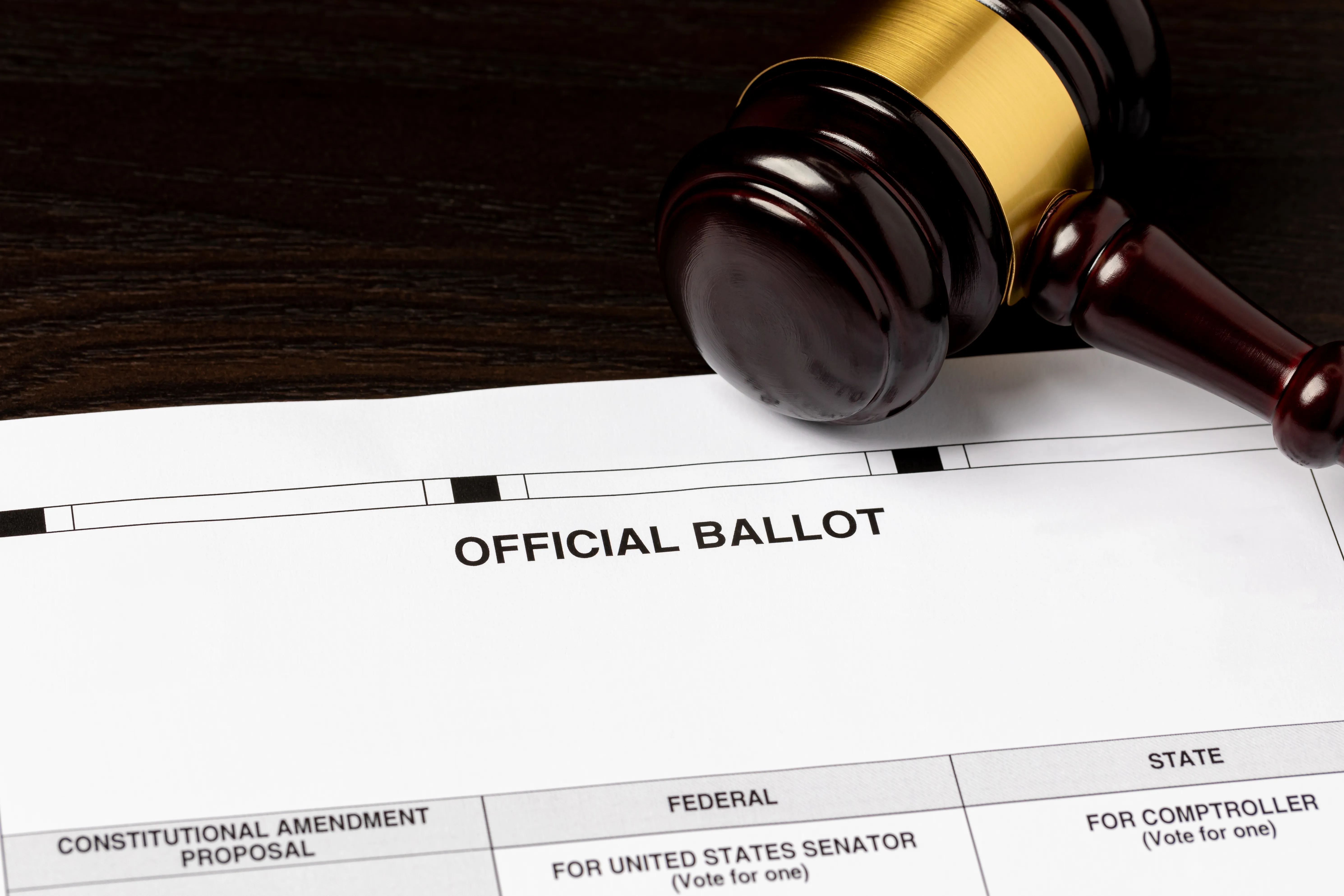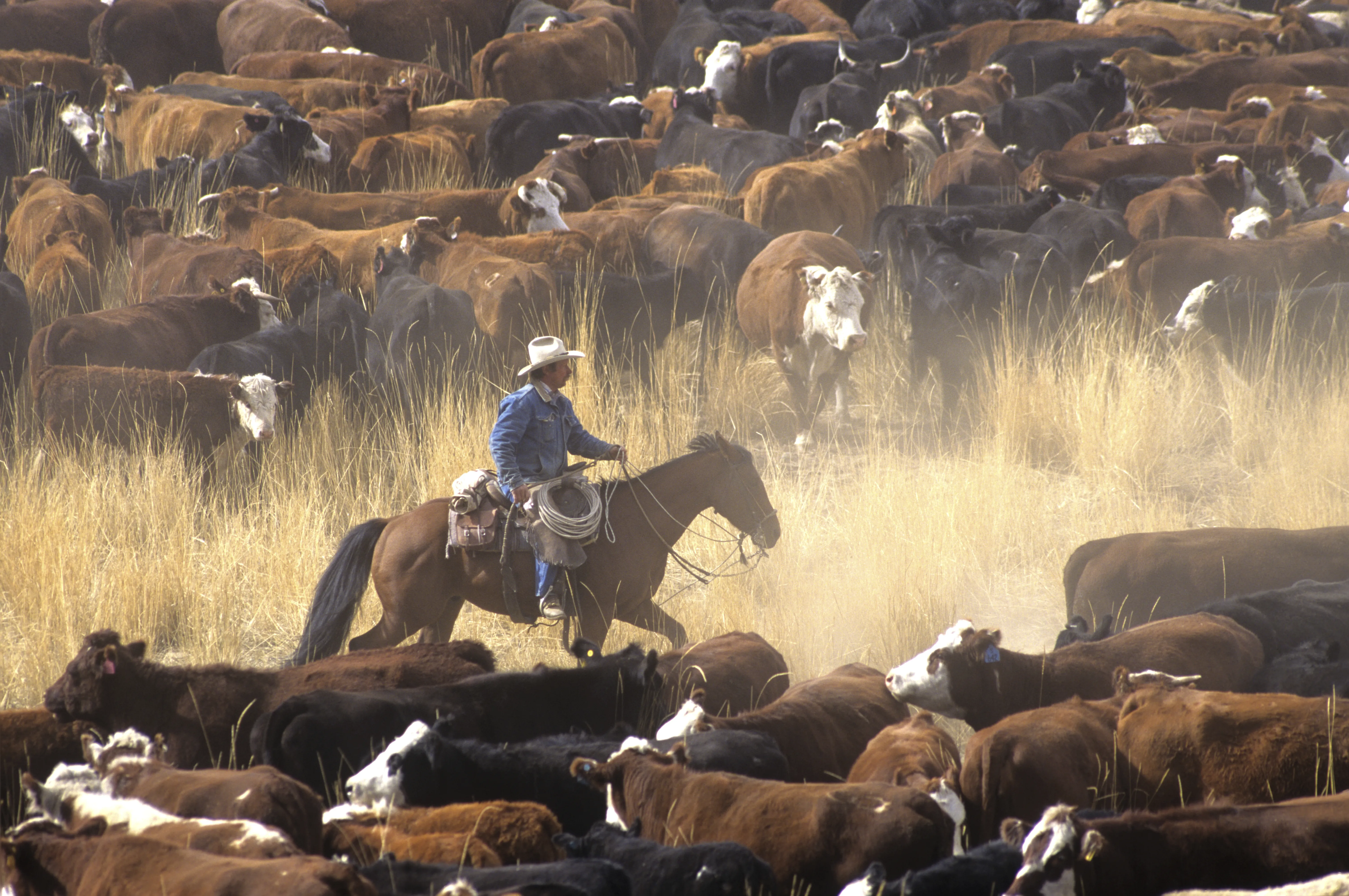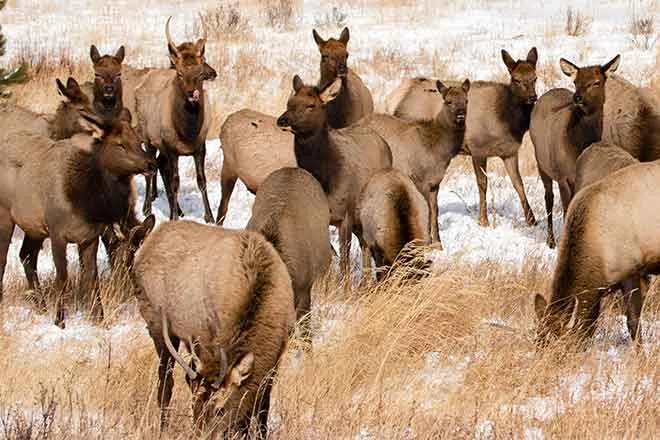
Monarch butterflies candidate for Endangered Species List
Click play to listen to this article.
(New York News Connection) Monarch butterflies could be on the federal Endangered Species list by year's end.
Eastern monarchs found in New York and other northeastern states saw an 80 percent population declinebetween the 1980s and 2020. Their Western counterparts have seen a 90 percent population drop. Environmental groups petitioned for them to be listed as "threatened" back in 2014 and the monarch became a candidate species in 2020.

Courtesy USFWS - Ryan Hagerty
Rebeca Quinonez-Pinon, monarch recovery strategist and climate resilient habitat director for the National Wildlife Federation, said monarch butterflies face many threats.
"The main threats that we have identified for the monarch butterfly are habitat loss and fragmentation of the remaining habitats," Quinonez-Pinon outlined. "Climate change is at the top of the list, definitely, and the excessive use of pesticides."
She called monarch butterflies a "canary in the coal mine" for pollinators and the ecosystem, a warning more needs to be done to help the environment. A dozen species of bumblebees are also candidates under the Endangered Species Act. They also fall victim to the same threats of monarch butterflies.
Home gardeners can play a role in helping monarch butterfly populations, by planting milkweed and goldenrod, which are helpful to the species. Milkweed is the only plant on which monarch butterfly caterpillars can eat and survive.
Mary Phillips, head of native plant habitat strategy for the federation, said there are some mistakes people make in trying to help monarchs thrive.
"Don't worry if, you know, you see the various predators," Phillips advised. "There's also a milkweed bug that sometimes goes on these plants. People get nervous about that. It's OK, it's natural, it'll go away. It will not harm the milkweed overall."
She added another common mistake is spraying garden or systemic pesticides which can harm monarchs. Some states are taking action to end the use of certain pesticides harmful to bees, butterflies and other pollinators. New York passed a law banning some uses of neonicotinoids because of their harmful effects on pollinators and other species.

















